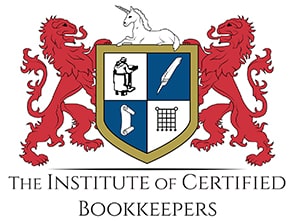Whether you are running a listed company or operate as a sole trader, good record keeping is essential for any business.
The ATO stipulates that by law your records must:
- explain all transactions;
- be in writing (electronic or paper);
- be in English or in a form that can be easily converted; and
- be kept for five years (some records may need to be kept longer).
If you don’t keep the right tax records, you can incur penalties.
‘What is the best system for me and my business?’ you might ask. This is a good question and comes down to personal preference. Things to consider with record keeping are as follows:
Bank Accounts
Always use a separate account for your business transactions. The combination of business and private expenses in the one bank account tends to be messy, confusing and often proves costly in the long run.
Avoid paying cash where possible – using a business card will record the transaction automatically with your bank.
Receivables & Payables
Ensure you have a system in place to accurately record your receivables. This makes it easier for you to track and follow up outstanding debts, record any special arrangements or reasons for non payment and have better control of your cash flow.
Likewise for payables. By having regular payruns in place you and your supplies will know when bills are going to be paid.
Filing System
Whether you decide to use digital or paper, it is so important to have a filing system in place.
There are many options for digitalised filing whether it is through your accounting software, keeping an excel workbook or simply scanning and saving documents to your computer. However if you do prefer hard copies, filing everything in chronological order either by supplier or month will make things easily accessible when required.
Time Management
Allocate time every week to devote to your record keeping. You may find it easier to place all your business receipts at the end of the day in a box to pass on to your bookkeeper or process them yourself at a later time. Regular time spent on your record keeping will make things less overwhelming later down the track.
Good record keeping is not just a legal requirement. It will assist you in meeting your tax obligations, monitor the progress of your business and assist in making the right financial decisions. Whatever option you decide, ensure it is a system you are comfortable with and can maintain.




Leave A Comment